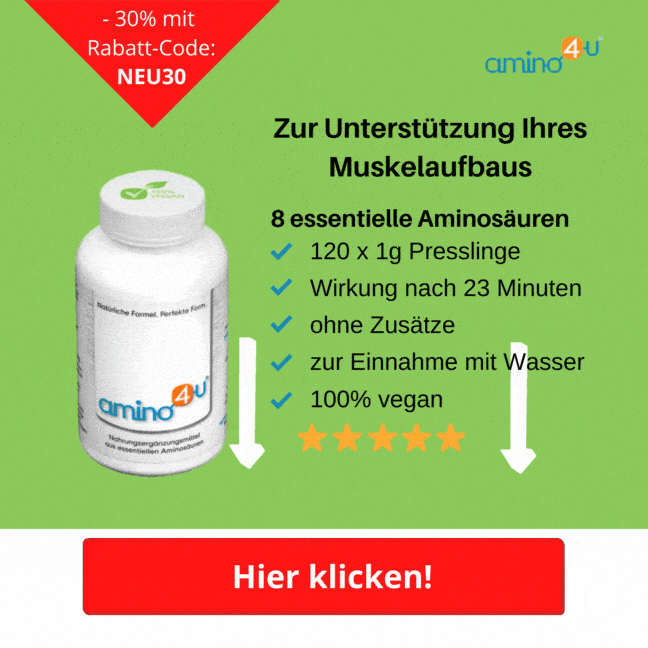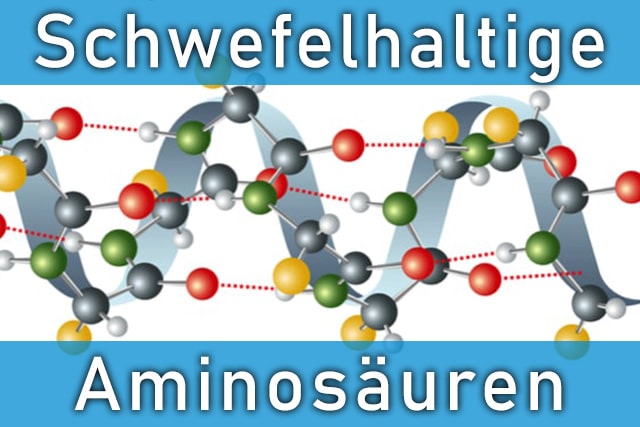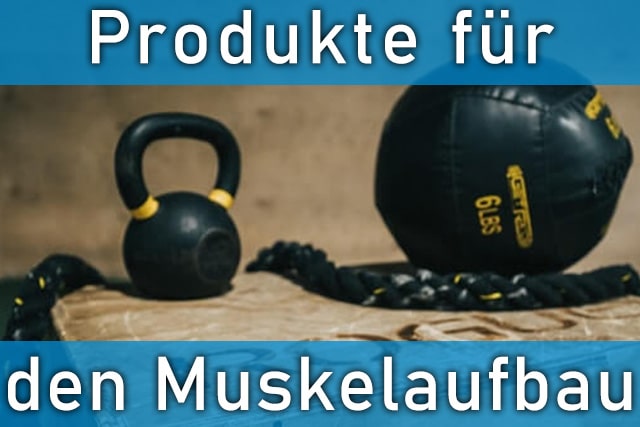Anyone who rarely engages in strenuous physical activity or otherwise physically exerts themselves can be confronted with muscle soreness . You can now find out exactly how it occurs, whether it is dangerous, how long you can expect and much more.
Typical triggers for muscle soreness
Muscle soreness is usually harmless, but unfortunately sometimes painful. It is considered an indicator that the muscles are or have been overloaded .
The phenomenon has not yet been fully researched, but current research provides conclusive explanations .
Accordingly, excessive physical strain can cause tears in the individual fibers of the muscles . The body tries to heal this by producing an inflammatory reaction.
The detrimental effect of this occurs when the body's own water penetrates these cracks and the muscle swells as a result.
The result: Pain and hardening in the muscles occur, which we then feel for a certain period of time.
Normally, stretching and stretching that is unusual for the muscle leads to the pain mentioned. This is usually the case when we do strength training, jogging or even simple exercises like squats.
The following applies: Any type of movement that we are not familiar with in everyday life can result in sore muscles . If we stretch, bend and stretch the muscle in an unknown way, it immediately notices and reacts.
Muscle soreness usually goes away on its own after a few days. If you have just started exercising, you will probably feel the painful muscles more often.
Read in the next section what measures can prevent muscle soreness .

Preventive measures against muscle pain
Since muscle soreness is an undesirable phenomenon, many athletes try to counteract the effect early on . Although there are numerous measures that have proven themselves in practice, not all of them are effective for every person.
We therefore advise you to simply try out the following tips and see what works well for you and what doesn't.
-
Rest and drink
An already exhausted body whose muscle strength is strained is more susceptible to renewed pain. Therefore, you should only do sports when you are well rested .
Drink adequate amounts of fluids during physical activity - whether sport or otherwise. Two liters can initially be a good guideline.
Mineral water with a lot of sodium or apple juice or tea can be considered. You should avoid carbon dioxide.
-
Warm up and increase slowly
Sudden cold starts (starting sport without warming up) put strain on the muscles. Warm up by doing light exercise for up to ten minutes before exercising.
Do this even after exercise. Also, avoid going from 0 to 100 and increase physical activity slowly. Maybe run a kilometer to start with, rather than a marathon straight away.
-
Shower and (not) stretch
A warm (but not hot) shower after exercise stimulates blood circulation. Also, avoid stretching too intensely.
The current state of science says that stretching exercises that are too strong tend to increase muscle soreness . However, there is nothing wrong with a slight relaxation.
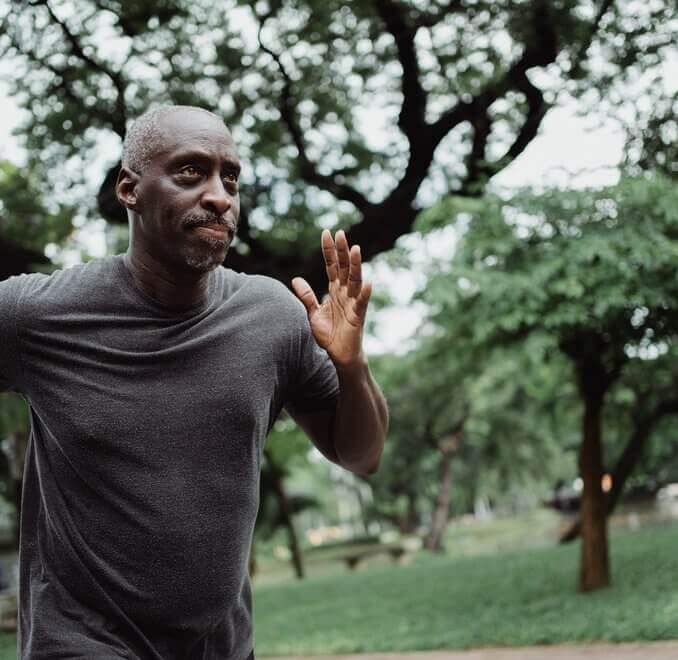
An overview to prevent muscle soreness
Let's summarize these findings again:
- Be sure to start exercising well-rested and drink plenty of fluids
- Never do any activity without warming up and build up slowly
- A shower and some light stretching are a good idea - but please don't overdo it!
People of advanced age may also be at greater risk of injury when engaging in physical activity. Therefore, from the age of 45-50, it is always a good idea to consult a doctor beforehand.
A specialist will give you recommendations that are effective on the one hand and minimize the risk of a sports injury on the other.
Other than that, it doesn't matter how old you are. It's not the quality of your muscles that matters, but the strain.
This means that people of advanced age can avoid muscle soreness just as well as young people. Those who know their own limits are still best at avoiding pain - regardless of whether they are 17 or 70 years old.
How long does it take to recover from sore muscles?
Anyone who is affected by muscle pain even after a long time will probably ask themselves this question at some point: How long does muscle soreness last?
Unfortunately, there is no blanket answer. It is true that the pain never occurs after exercise, but only after a delay of one to two days. The inflammations mentioned at the beginning and the incoming water need this period of time to do their “ work ”.
If we go jogging on Sunday after a long period of inactivity, we feel exhausted but good for the rest of the day. It wasn't until the next morning that my legs hurt.
Two factors primarily determine the duration of muscle soreness :
- How severe is the muscle soreness?
- What fitness level is my body?
Well-trained people also experience muscle pain , as these groups of people also regularly exceed their own endurance limits.
However, their muscles are used to it, which means that the regeneration phase is also shorter. While untrained people suffer from pain for three days, athletes may only experience one day.
The intensity of the pain may depend on the level of exertion. If we strain ourselves too intensively, the pain can become more pronounced.
Therefore, we give you the tip for a slight increase in training: If you overload yourself too much, you can miss several days and not do any sport.
Someone who only has muscle soreness for a day is usually able to get back to work more quickly.
By the way: There is nothing wrong with training muscle groups that are not affected by pain. If you have sore muscles in your thighs, this will have no effect on a workout intended for your arms .
You can put pressure on these areas without affecting the regeneration of the thigh muscles. This is one of the reasons why advanced athletes train each body part alternately.
Make sure you give your muscles enough rest . Your body will thank you and the muscle pain will recover more quickly.

Accelerating recovery from sore muscles and what role nutritional supplements play
Since people always have good intentions, but sometimes ignore them, we end up suffering from sore muscles again at some point, despite all the tips.
Some tips will help shorten the duration:
-
Move and stretch
Pain in the muscle does not mean that you should not put any strain on the area. Rather, there should be careful movement - not beyond the limits of the load.
It also helps to stretch these muscles slightly(!) to reduce the duration and pain.
-
Warmth and food
Blood flow to the muscles can speed up the healing process. A good idea is therefore a warm bath . There we combine warmth and the almost weightlessness of our muscles in the water.
A visit to the sauna can also help. You should limit your food intake to quark, cheese or low-fat meat . These foods can promote muscle building .
A high amount of protein, for example in the form of amino acids or proteins, can promote muscle regeneration.
When we sweat during training, minerals such as calcium or magnesium can also leave our organism. These substances have a positive effect on the healing process.
Therefore, it is advisable that we need to replenish these lost minerals in our body.
You can make up for the loss that occurs in this way through normal food intake. Dietary supplements can be beneficial and helpful for building muscle .
For example, protein is an important factor if you want to lose weight and build muscle . Protein is mainly found in meat, legumes and quark. Dietary intake is often not sufficient.
This is where nutritional supplements come into play. The supply of amino acid preparations can optimally support a sufficiently balanced diet.
You can also help your body by getting enough sleep. If you have problems sleeping, amino acids can help with sleep disorders . You will probably need these anyway after intensive physical activity during the day. Our body can regenerate more quickly while we sleep.
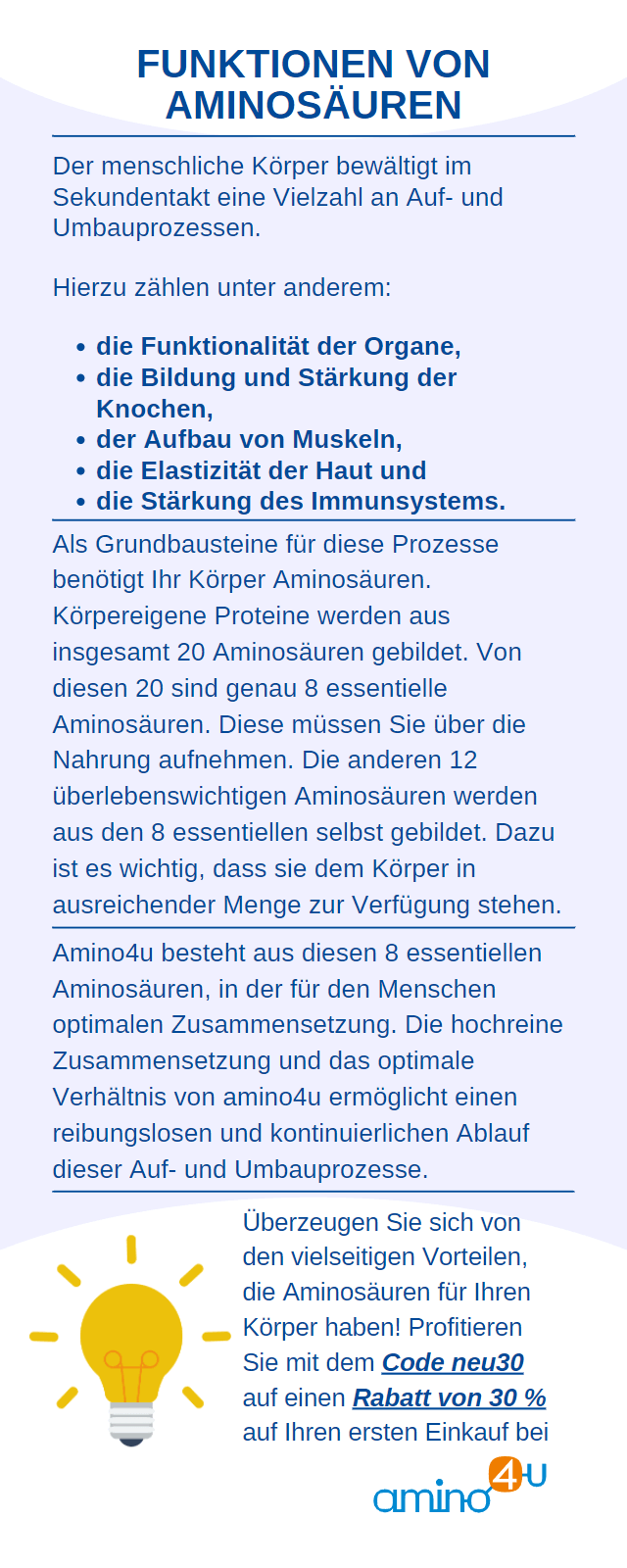
Remain patient with your sore muscles
You shouldn't rush it and give the muscles time to fully recover. We are easily tempted to use expressions like: “ It doesn’t hurt that much anymore! ”
However, a subsiding pain is not enough. If we exercise before the muscles have fully repaired, the subsequent muscle soreness can be even more severe.
At that moment, you put your muscles through something they weren't ready for. The result is likely that you will be out and unable to exercise for an even longer period of time.
Additionally, exercising with already torn or sore muscles can significantly increase your risk of injury. Unfortunately, you probably not only suffer from severe muscle pain, but also accept the risk of an injury, for example.
Better yet: give your muscles the time they need. Relaxation, regeneration and sleep are important factors when you do sport. When we sleep, our body recovers from the exertions of the day.
He is also able to gradually build up muscles during regeneration.
Health: How dangerous is sore muscles and do medications help?
Sore muscles do not pose any physical or even psychological danger . It should be understood as an indicator that you have used your muscles and stressed them heavily.
As a rule, this isn't a bad thing. Over time (if you exercise consistently) you will probably notice that the duration of muscle soreness decreases. With regular exercise, you will eventually feel little or no pain at all.
However, there are reasons why you should see a doctor :
- Ask for medical advice if you cannot explain the cause of the sore muscles. Muscle pain without exercise or other physical activity may indicate small tears in the fibers of the muscle, illness, or other injury.
- Also see a doctor if the pain is unusually severe or lasts longer than a week . This is especially true if there is no sign of abatement during this period. Nerve damage could be the cause here and you should of course clarify this in good time.
If in doubt, it is better to see the doctor once too often rather than too rarely. You should also become more careful as you get older, as the number of potential diseases in the muscle fibers can also increase.
There is no medicine that is available in pharmacies specifically for sore muscles . Since, as already mentioned, these are the consequences of inflammation, anti-inflammatory drugs can have a positive effect on pain.
Amino acids can also support the healing of the small tears in the muscle mentioned above and promote faster recovery from pain. They can also promote regeneration and muscle building .

Sore muscles: painful but harmless
Muscle pain is a mostly unpleasant phenomenon that accompanies strenuous physical activity. It often only occurs a day after the activity.
That's not a bad thing: all muscles can regenerate to 100% and are normally fully operational again after the muscle soreness subsides .
Our body is so good at this that healing can usually work without medication.
How long does the sore muscles last? Anything from a day to a week is possible. If you exceed this period, you should consult a doctor. Start exercising regularly while drinking plenty of fluids.
As a result, you will notice that the pain can be less drastic and the duration can also be reduced. Also, be careful not to overexert yourself if you experience severe muscle pain.
These could possibly worsen and prolong the absence from training.
In addition, warm baths or sauna visits can support faster regeneration. These activities can help you regain full use of your muscles and continue training.

